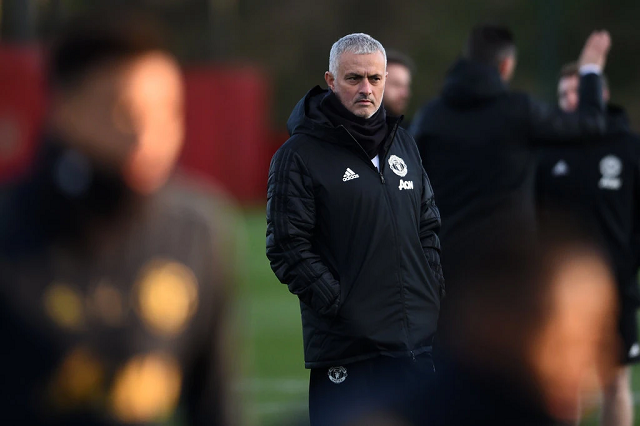Tottenham Hotspur on Wednesday said it had appointed José Mourinho to replace Mauricio Pochettino as manager, capping a remarkable 12 hours of turmoil and suspense for a club that has in recent years earned an image as one of the Premier League’s rare bastions of stability.
Fans were still getting used to Pochettino’s firing on Tuesday after leading Spurs to the Champions League final and his transformation of the team from a perennial also-ran into a Premier League title contender during his five years in the role.
Spurs made the announcement about Mourinho, a former Chelsea, Inter Milan, Real Madrid and Manchester United manager, in a brief statement on the club’s website. But it emerged late Tuesday night that he was the front-runner for the post.
The statement highlighted his glittering bona fides, listing the two Champions League trophies and three Premier League titles he has won during his career.
“In José, we have one of the most successful managers in world football,” Daniel Levy, Spurs chairman, said. “He has a wealth of experience, can inspire teams and is a great tactician. He has won honors at every club he has coached. We believe he will bring energy and belief to the dressing room.”
Harry Kane, the English striker for Spurs and captain of England’s team, lauded Pochettino in a post on Twitter. “I’ll be forever thankful to you for helping me achieve my dreams. We’ve had some amazing moments in the last 5 and a half years that I will never forget.”
Spurs has a concrete wage structure that the chairman is reluctant to break; he has a reputation for driving such a hard bargain in transfer negotiations that, at times, Spurs find it hard both to sign and sell players.
Pochettino circumvented that for years by relying on young players from the club’s academy; Mourinho has a reputation for preferring proven talent, though he has long resented the belief that he does not trust youth.
Some Spurs fans may find it difficult to accept him as a manager because of his past with Chelsea, one of Tottenham’s fiercest rivals, which fired him for the second time in 2015. But most pressing is the fact that his last role at Manchester United ended in recrimination at the club’s failure to provide him with a squad able to compete with Manchester City, in particular.
It is not difficult to imagine a reprise of the same complaints directed at Levy. His first comment as Tottenham manager seemed designed to express that concern.
“The quality in both the squad and the academy excites me,” he said. “Working with these players is what has attracted me.”












